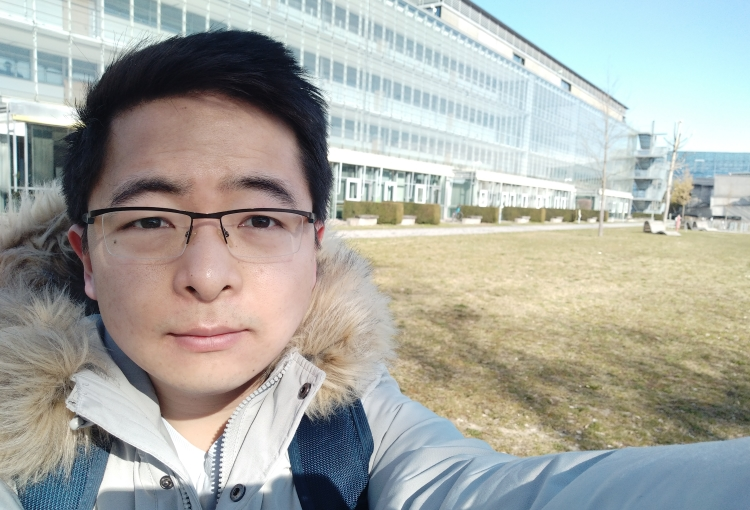I’m a double degree master’s student in Brazil at Federal University of Parana in Electrical Engineering and here at Technische Hochschule Ingolstadt (THI) I study the master’s course of International Automotive Engineering with Vehicle Safety as core area. I’ve attended lectures on Vehicle Dynamics, Integrated Safety and Assistance Systems, Testing and Simulation Methods, Testing and Simulation Methods for Vehicle Safety Systems, CAx-Techniques in Automotive Engineering, Group Project, Selected
Topics in Automotive Engineering, Guidance for Preparation of a research-oriented Thesis and now the Master’s thesis. By attending those classes, I’ve learned both basic and state-of-the-art automotive technologies used for advancing towards autonomous vehicles, which in turn makes me more proficient for aggregating value to both the automotive field in Brazil and Bavaria.
Besides learning it all in classes, this knowledge is not restricted only on the theory, but also applied on practice. This is reflected with the work that I’ve been contributing on at the Center of Automotive Research on Integrated Safety Systems and Measurement Area (CARISSMA) on the Automotive Intelligent Sensors and Systems (AISS) group, led by prof. Alessandro Zimmer. On this team, I’ve been given the opportunity to work on several projects with partnerships between the academia (THI) and the industry, with focus on advancing and developing proof-of-concept machine learning and computer
vision prototypes for furthering vehicle passenger safety. Since most are confidential, not much can be said about them, but it’s safe to say that I’ve learned a lot by working close with professionals with years worth of expertise in both the automotive and software development fields.
All of this combined helped me shape my master’s research thesis, whose work will help envision whether the developed methodology is applicable and beneficial for future research projects. My master’s topic is on the knowledge transferability efficacy between synthetic and real world datasets on the automotive field, with focus on computer vision coupled with machine learning techniques. More specifically, my work focus on the tasks of object detection and monocular depth estimation.
My stay in Germany has had its positive and negative points. On the negative side of things, finding residency while in my home country, dealing with bureaucracy and issues regarding the student visa and blocked account (at the time of writing 720€, but recently increased to 853€) were the most
stressful situations. The positive side of things, however, were plenty: I’ve worked and learned much with excelent professionals, enjoyed Germany’s unique cuisine (looking at you schnitzel :) ), and perphaps most importantly had a glimpse on the German culture and what is a native’s life here like: the sense of community and the natural notion that you are, indeed, safe in the city. Maybe this is the norm for alreay developed countries, but in developing ones, taking a blissfull walk at night without worrying about your safety is something unthinkable, and here it feels like people take that for granted.
Overall, I’ve learned a lot both personally and professionally, and would certainly recommend the studying/working abroad experience to other prospective students. Just make sure to have it all planned long beforehand, and it will all sure work out!
Alan Naoto, double degree master’s student at THI.

